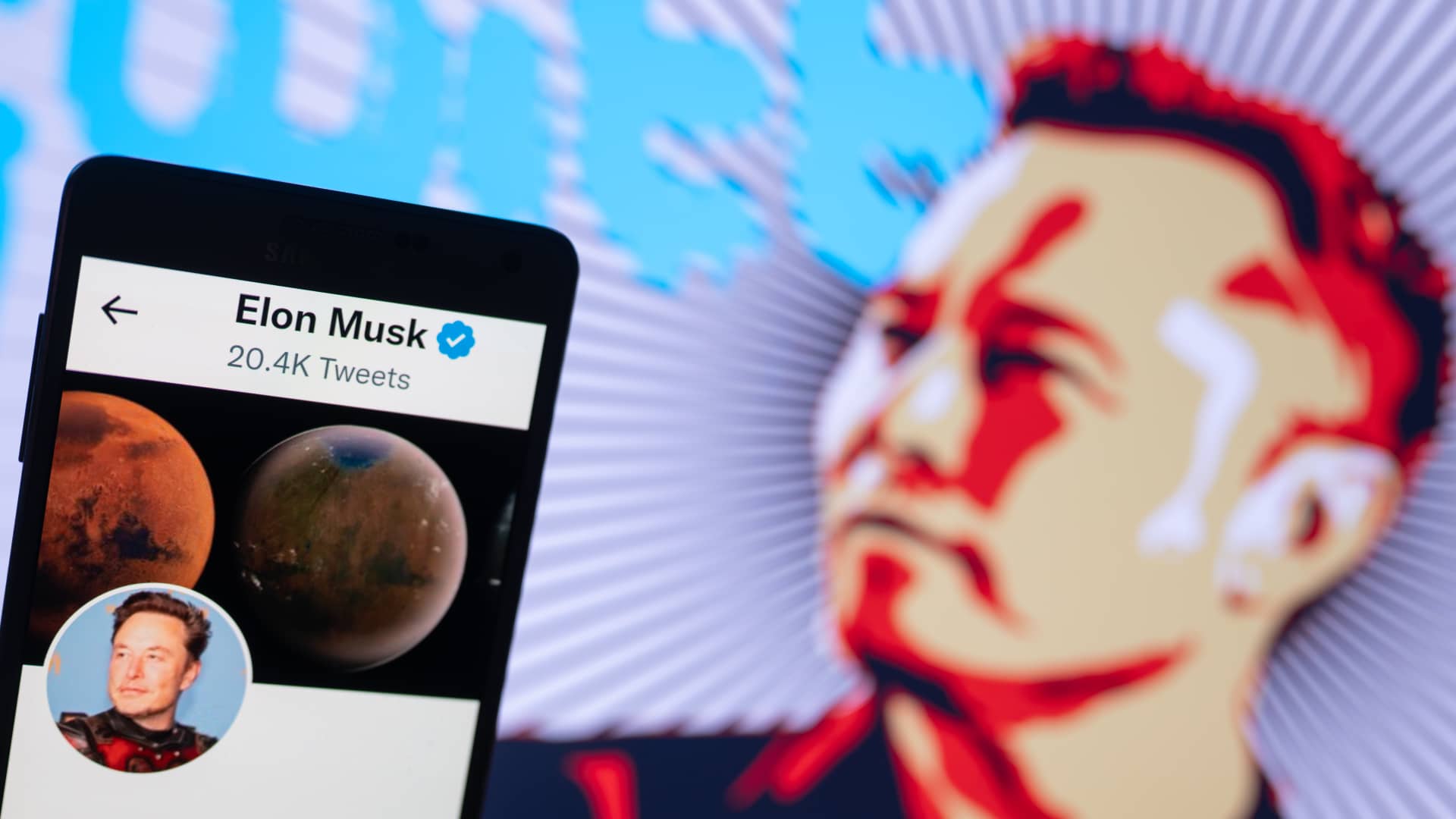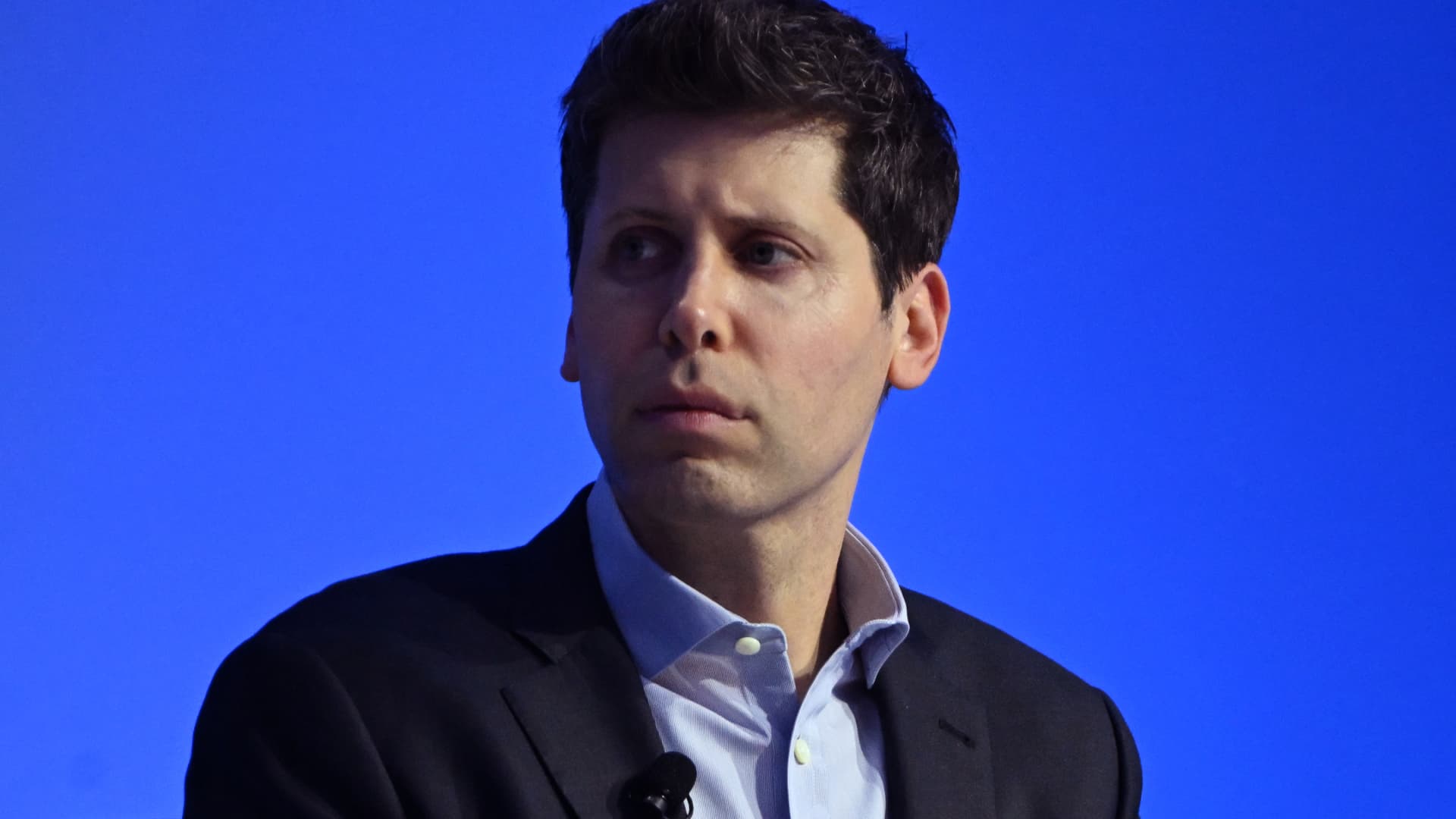Chinese electric carmakers Nio and Xpeng saw deliveries dip in January versus December but were still higher compared to a year ago.
Xpeng said Tuesday it delivered 12,922 electric vehicles in January, a more than 19% dip from December. But that still represents a 115% year-on-year rise. It’s the fifth straight month that Xpeng has delivered over 10,000 units in a single month. But in November and December, it managed to exceed 15,000 deliveries.
As of Jan. 31, Xpeng said cumulative deliveries of its electric cars — the P7, P5, G3 and G3i — surpassed 150,000 units.
Rival Nio said that it delivered 9,652 vehicles in January, up 33.6% year-on-year but down from December’s number of 10,489.
As of Jan. 31, Nio said cumulative deliveries of its vehicles — the ES8, ES6 and EC6 — reached 176,722 unites.
Both Nio and Xpeng have been grappling with the global chip shortage which continues to plague the auto industry. In an earnings call in July, Xpeng CEO He Xiaopeng said that the global chip shortage remains the “biggest production hurdle” for the company.
Even U.S. electric vehicle giant Tesla, which has weathered the supply chain constraints relatively well, said it would not release any new models this year due to the component shortage.
Xpeng and Nio are among the plethora of challengers to Tesla in China’s fiercely competitive electric vehicle market. Still, the U.S. carmaker is managing to fend off the competition. In December, Tesla sold a record 70,847 China-made vehicles, significantly higher than both Nio and Xpeng.
Both Nio and Xpeng have been investing to ramp up production at their factories and expand overseas.
Xpeng said Tuesday that it is “carrying out a technology upgrade” at its factory in Zhaoqing, south China, to take advantage of schedule production downtime over the Lunar New Year holiday.
“The upgrade will enable accelerated delivery of the significant order backlog carried over from 2021 as well as allow us to better serve the increasing demand in the new year,” Xpeng said in a statement.
China’s electric vehicle players have also been trying to boost the semi-autonomous technology in their cars as a way to differentiate from Tesla and each other.



